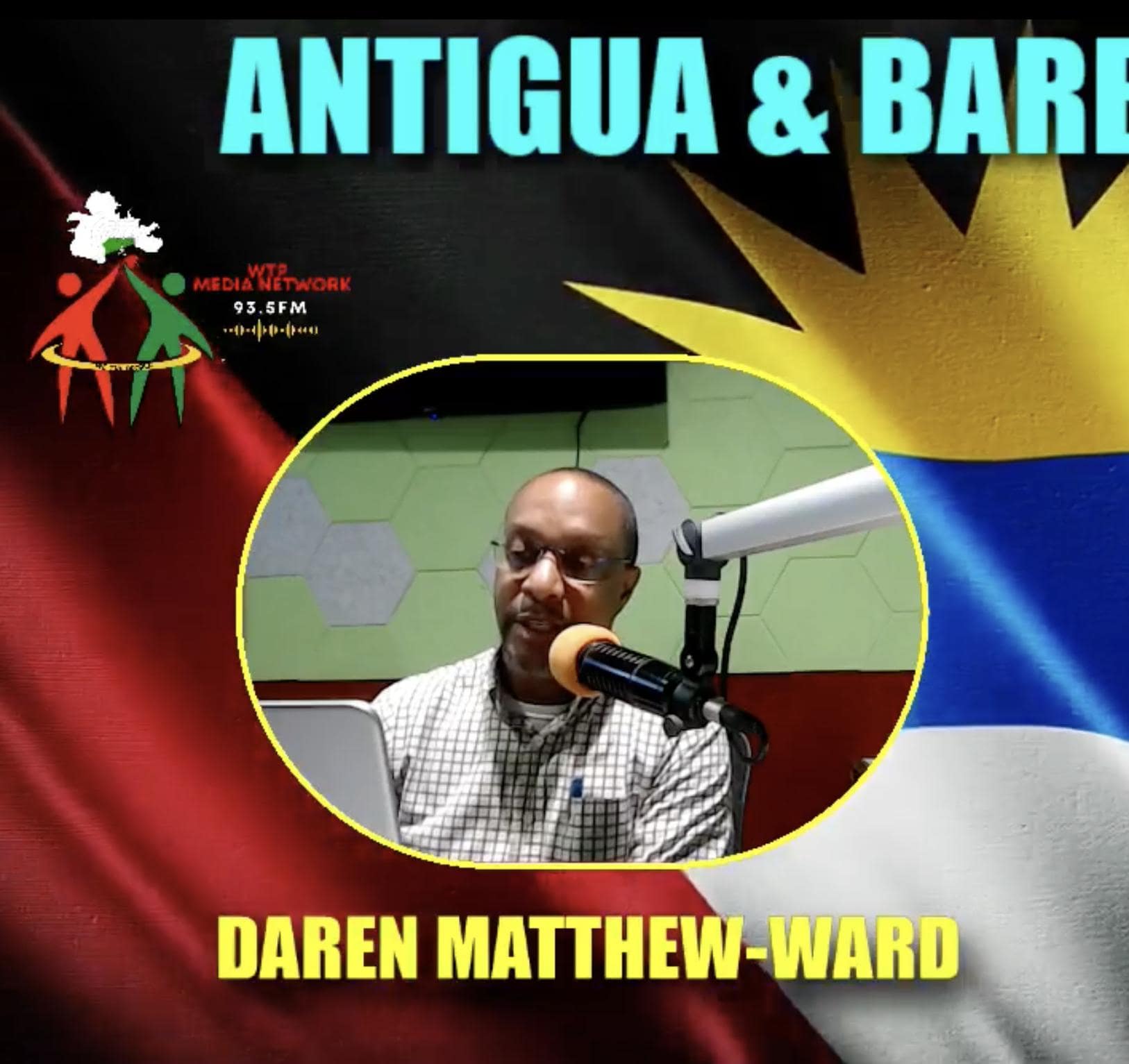Prime Minister Gaston Browne of Antigua and Barbuda has been a decisive and strategic leader, with notable achievements such as his response to Hurricane Irma, the resolution of the Scotiabank issue, and the establishment of the University of the West Indies’ fourth landed campus. However, his approach to dissent and media freedom has raised concerns among citizens, including members of his own party and cabinet. On the nation’s Independence Day, Browne was accused of launching an attack on a fellow citizen who expressed views contrary to his own. This incident has sparked a debate about the state of democracy and freedom of expression in the country. The citizen, who was interviewed by a regional media outlet, emphasized the importance of an independent investigation into a recent procurement scandal and called for a more inclusive and respectful public discourse. The incident coincided with the International Day to End Impunity for Crimes Against Journalists, highlighting the growing dangers faced by media professionals worldwide. The Constitution of Antigua and Barbuda guarantees freedom of expression and the press, which are essential for a healthy democracy. Critics argue that Browne’s actions have a chilling effect on public discourse and call for a more civil and inclusive approach to governance. As the nation moves forward from its 44th anniversary of political independence, there is a collective aspiration for a healthier democracy and a more respectful public discourse.
Broadcaster Darren Matthew-Ward Rejects PM’s Claims, Says Independence Should Unite, Not Divide
